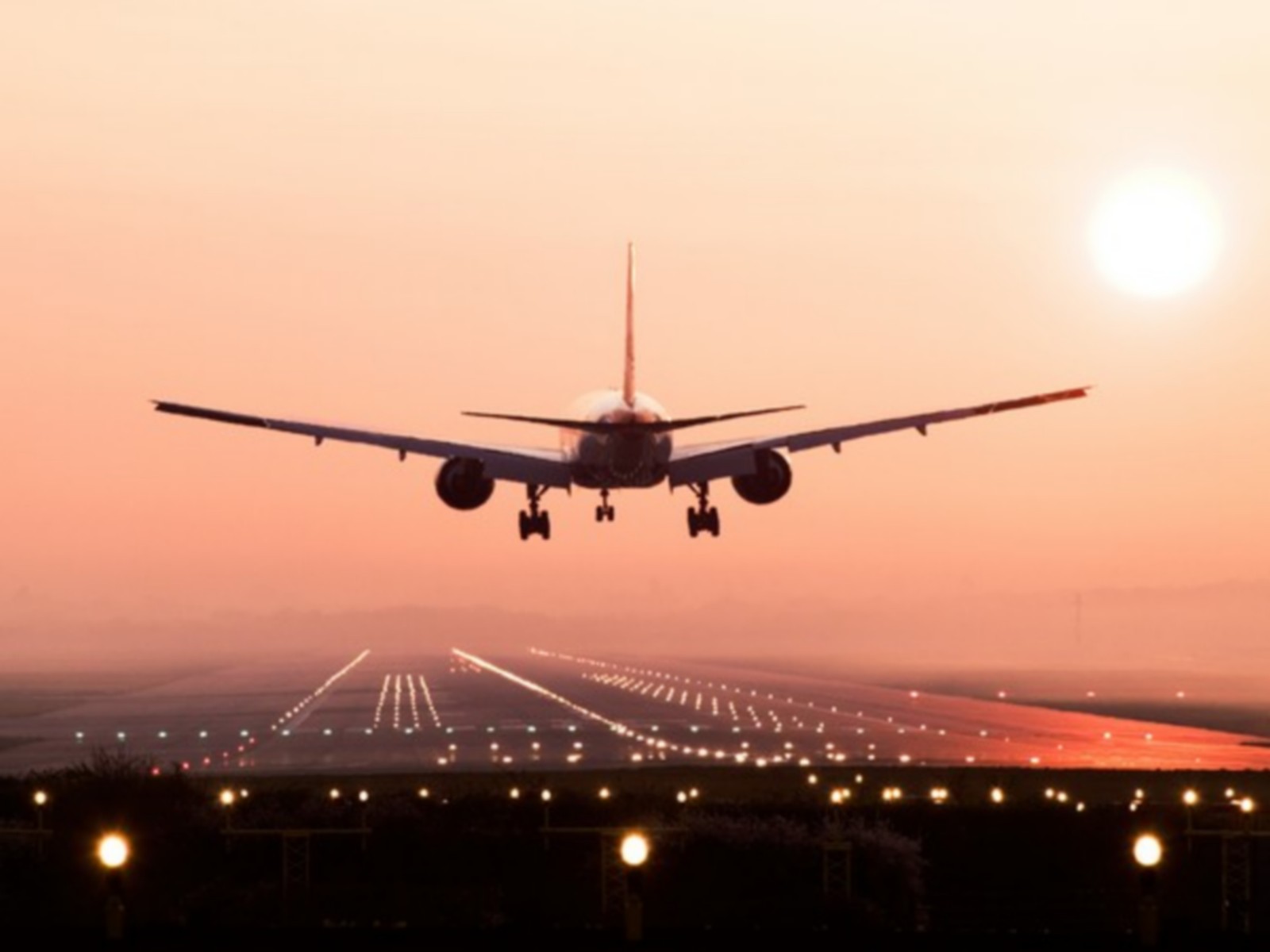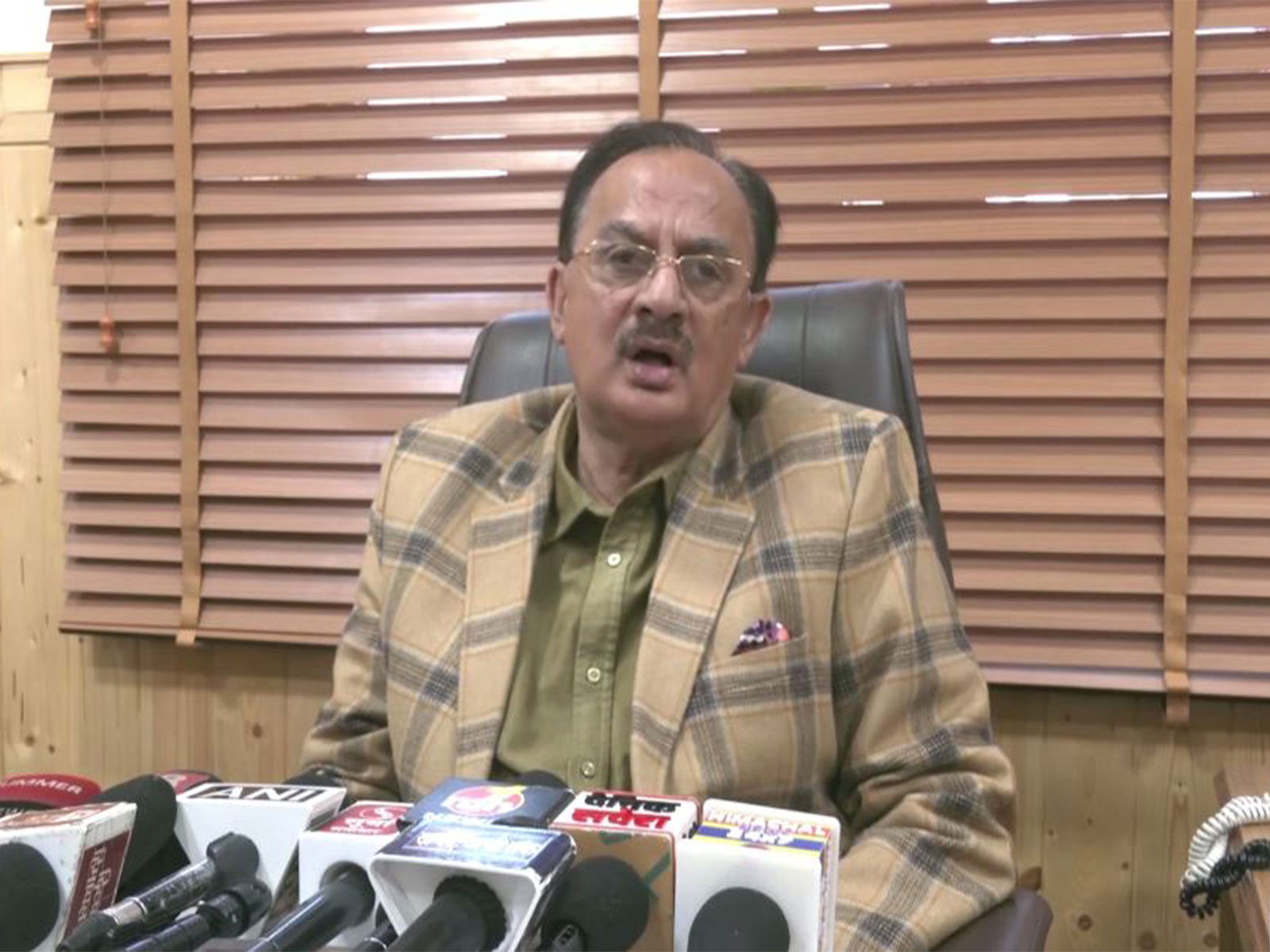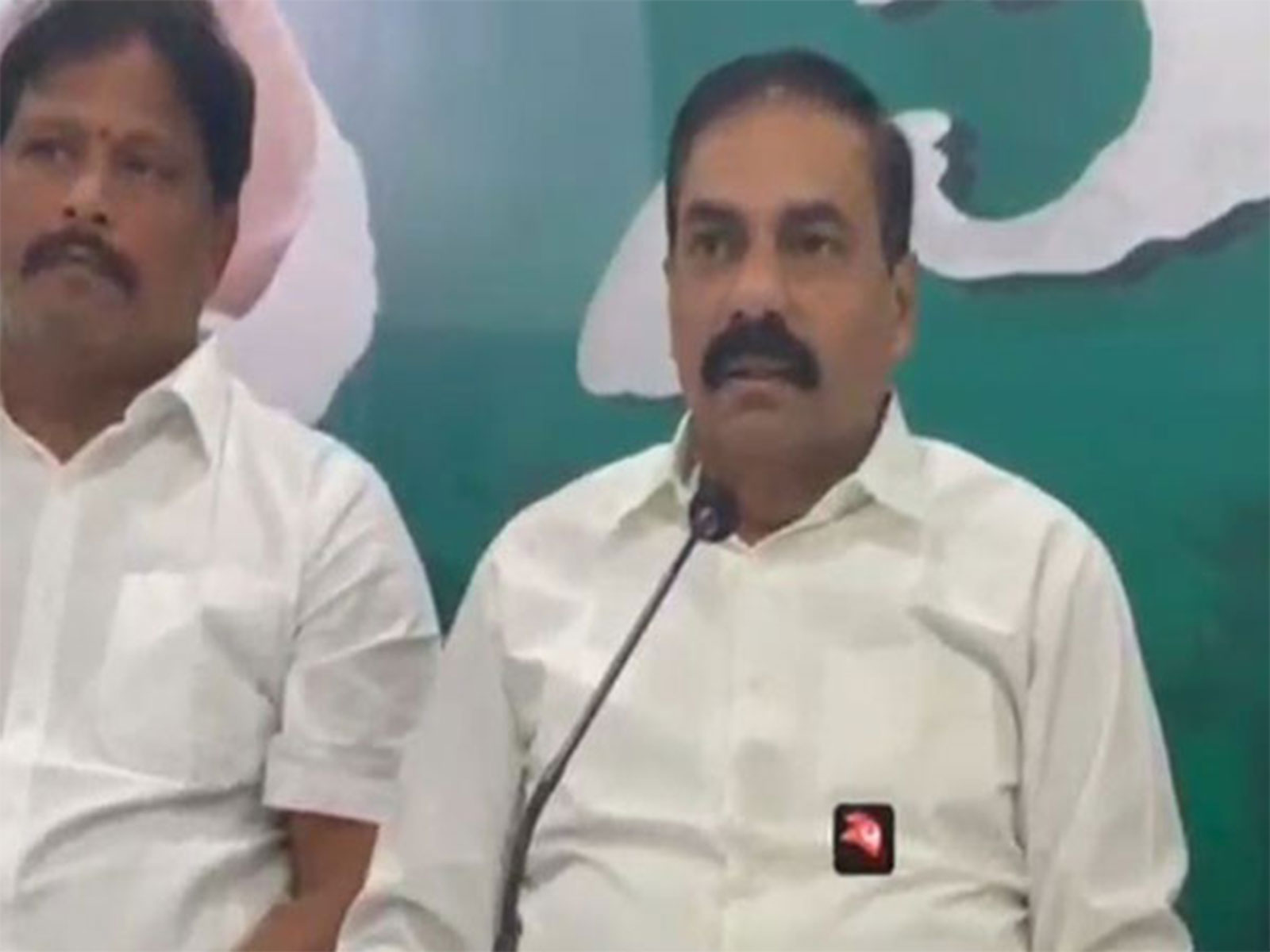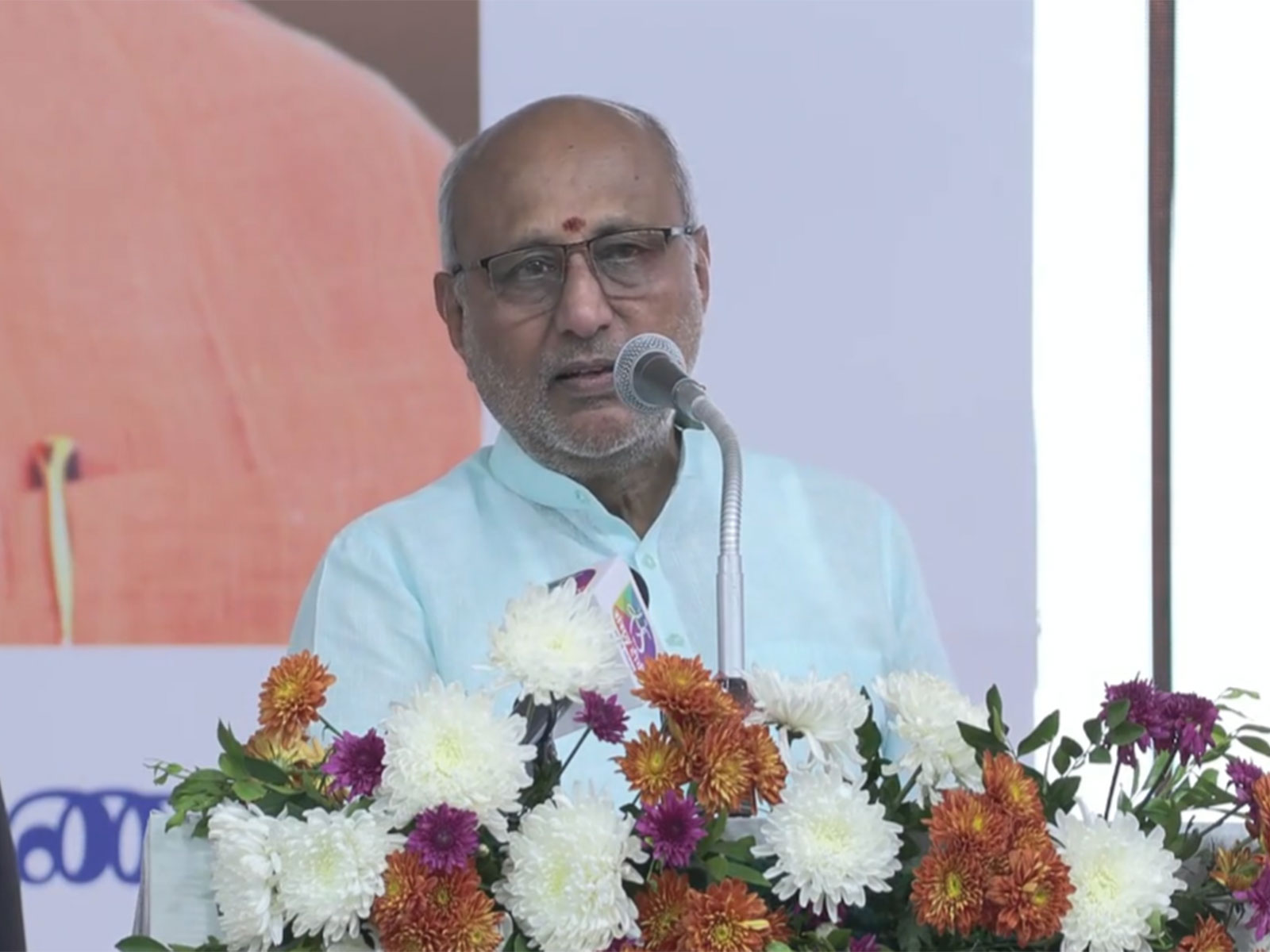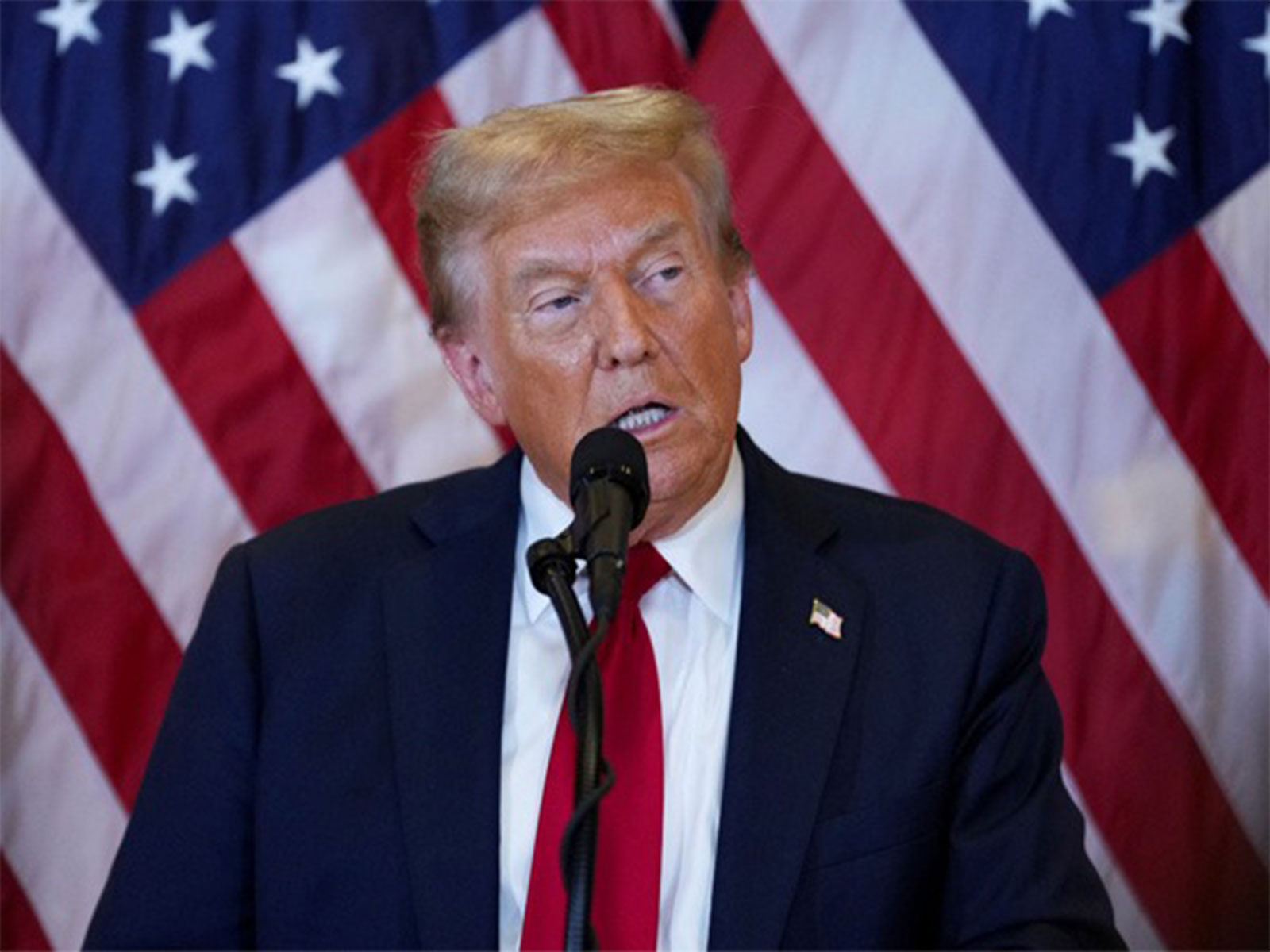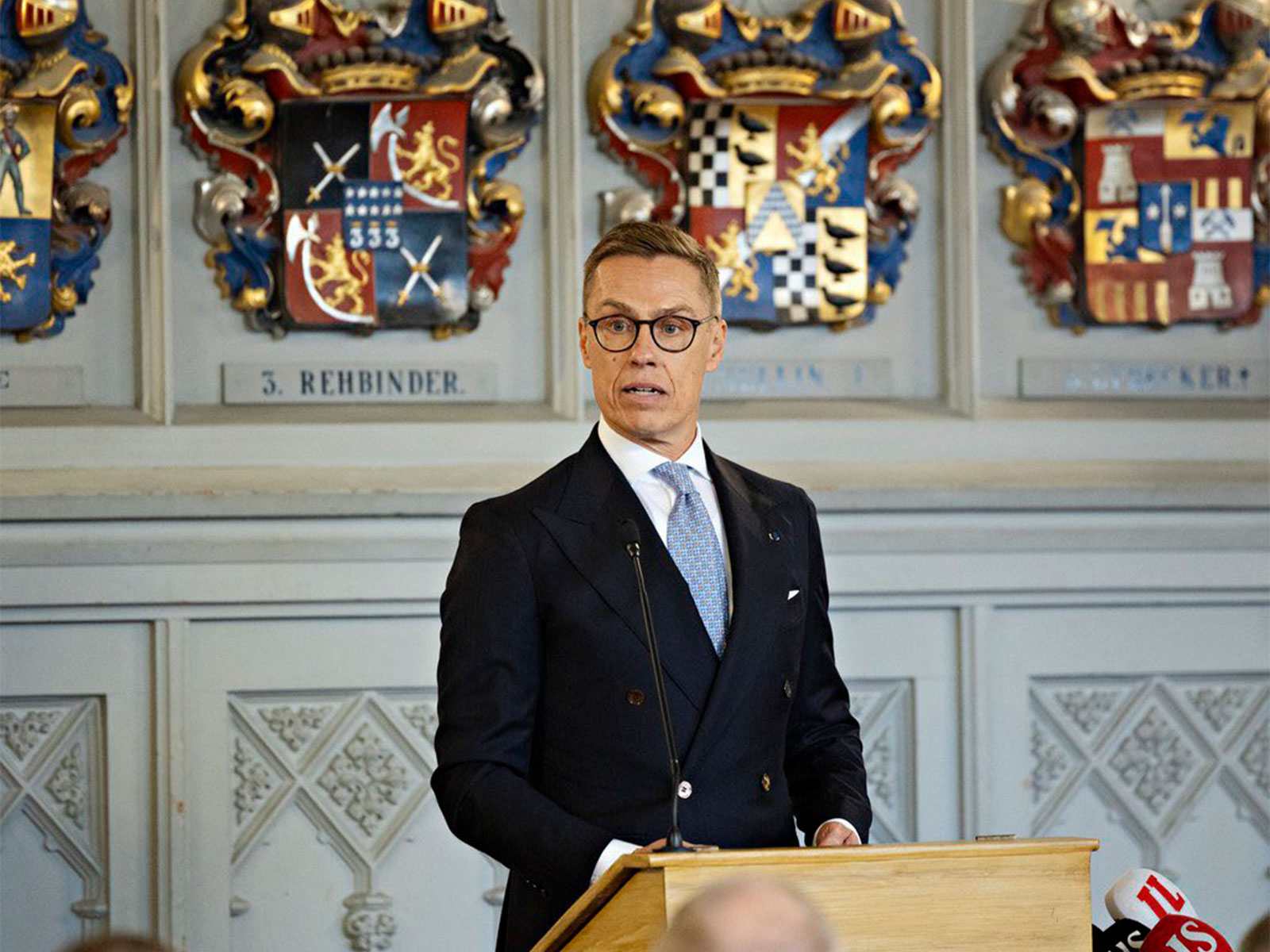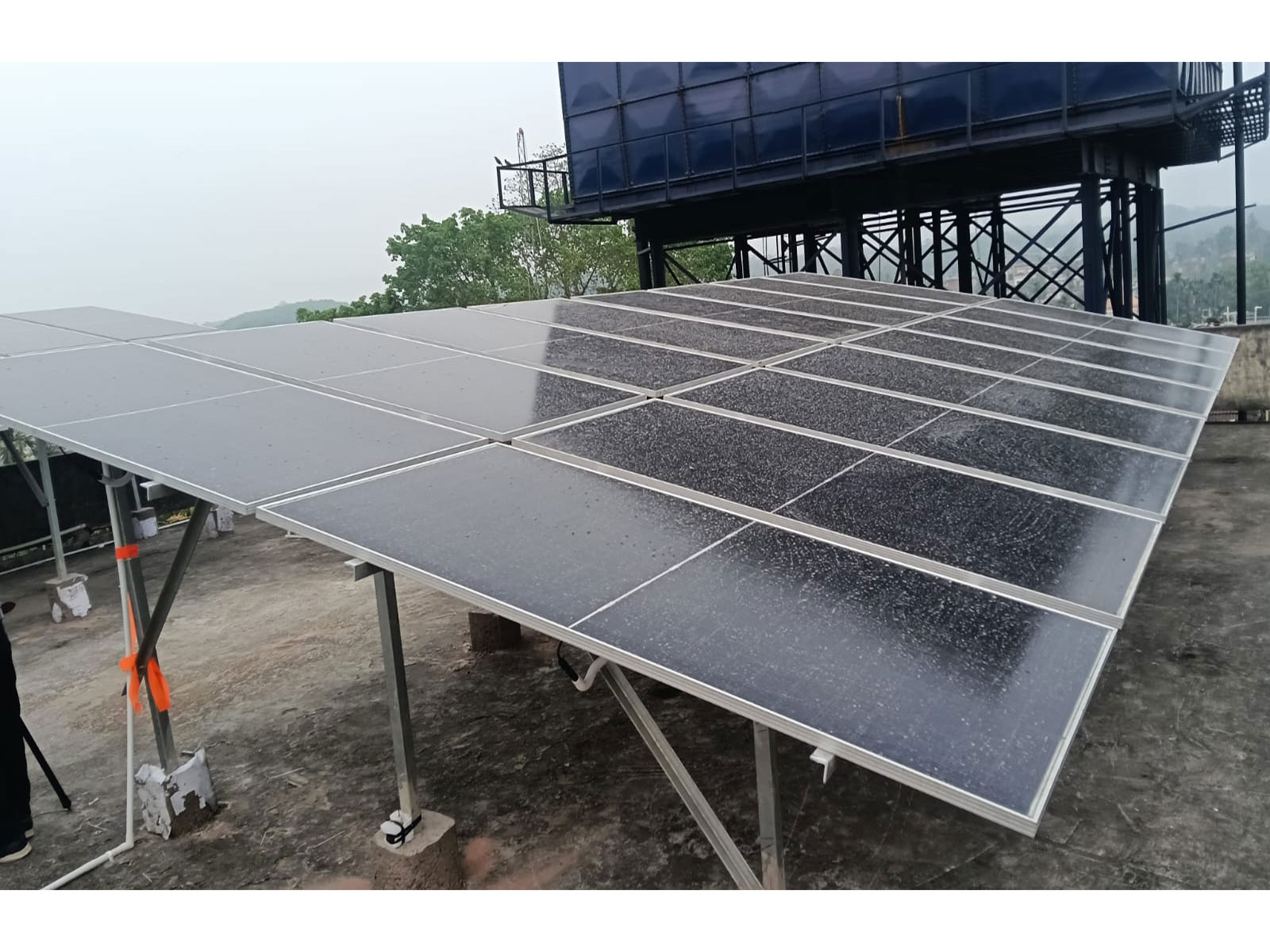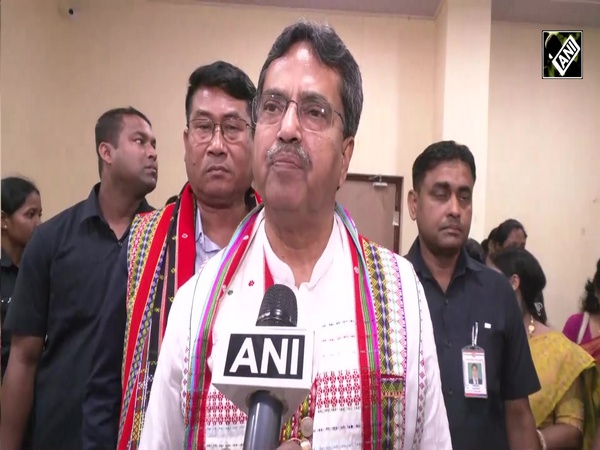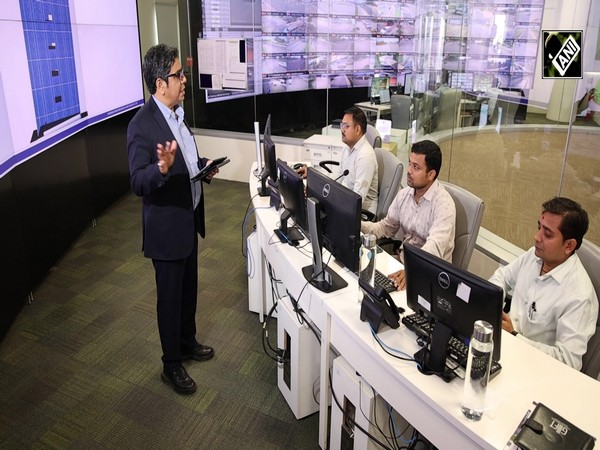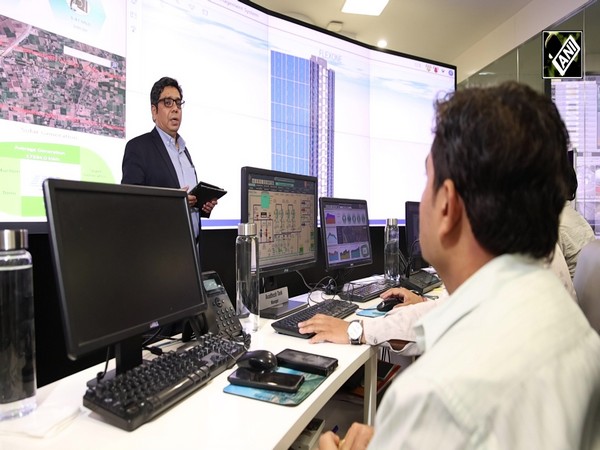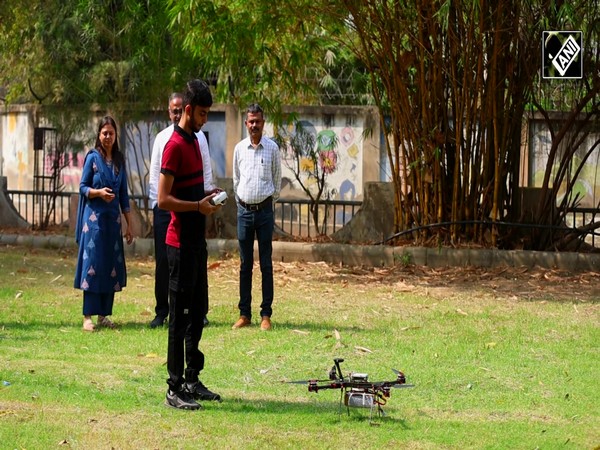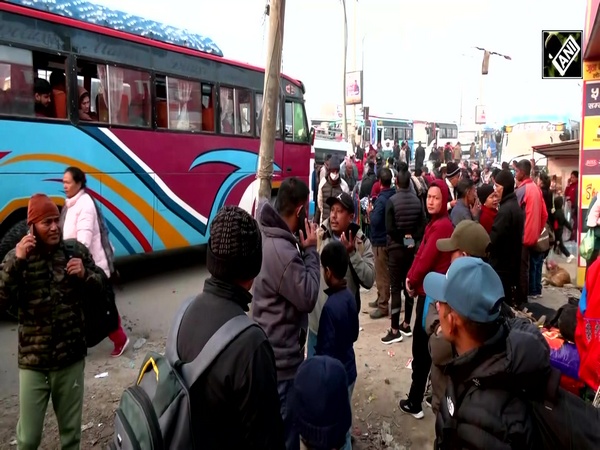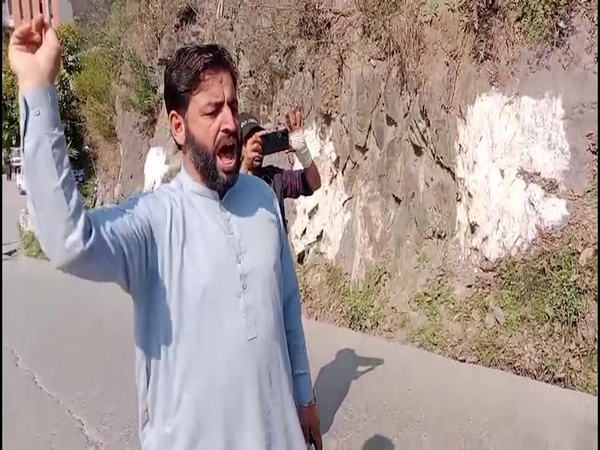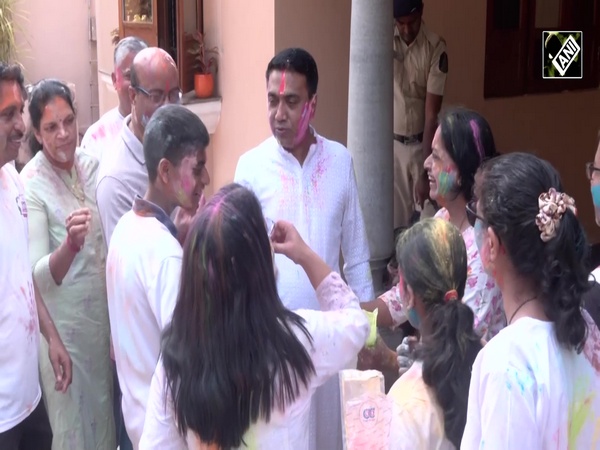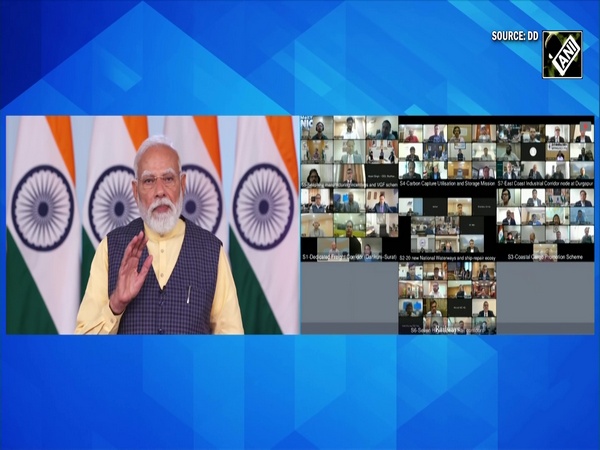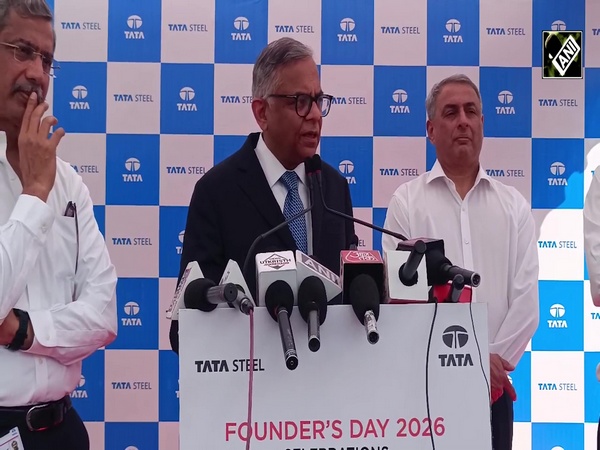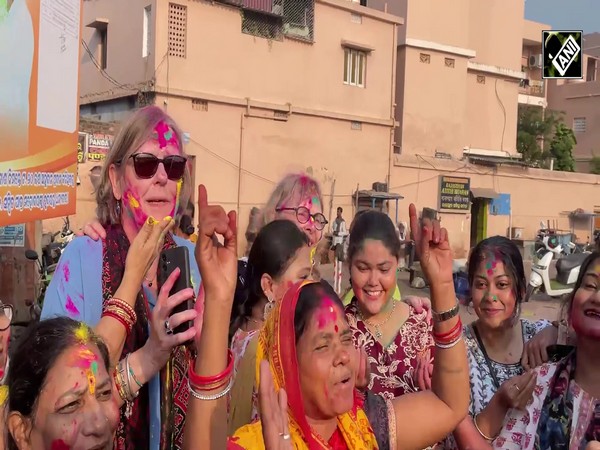"Not just an obligation, but an article of faith": Vice Admiral Swaminathan on Navy's commitment towards inclusivity for specially-abled
Nov 06, 2025
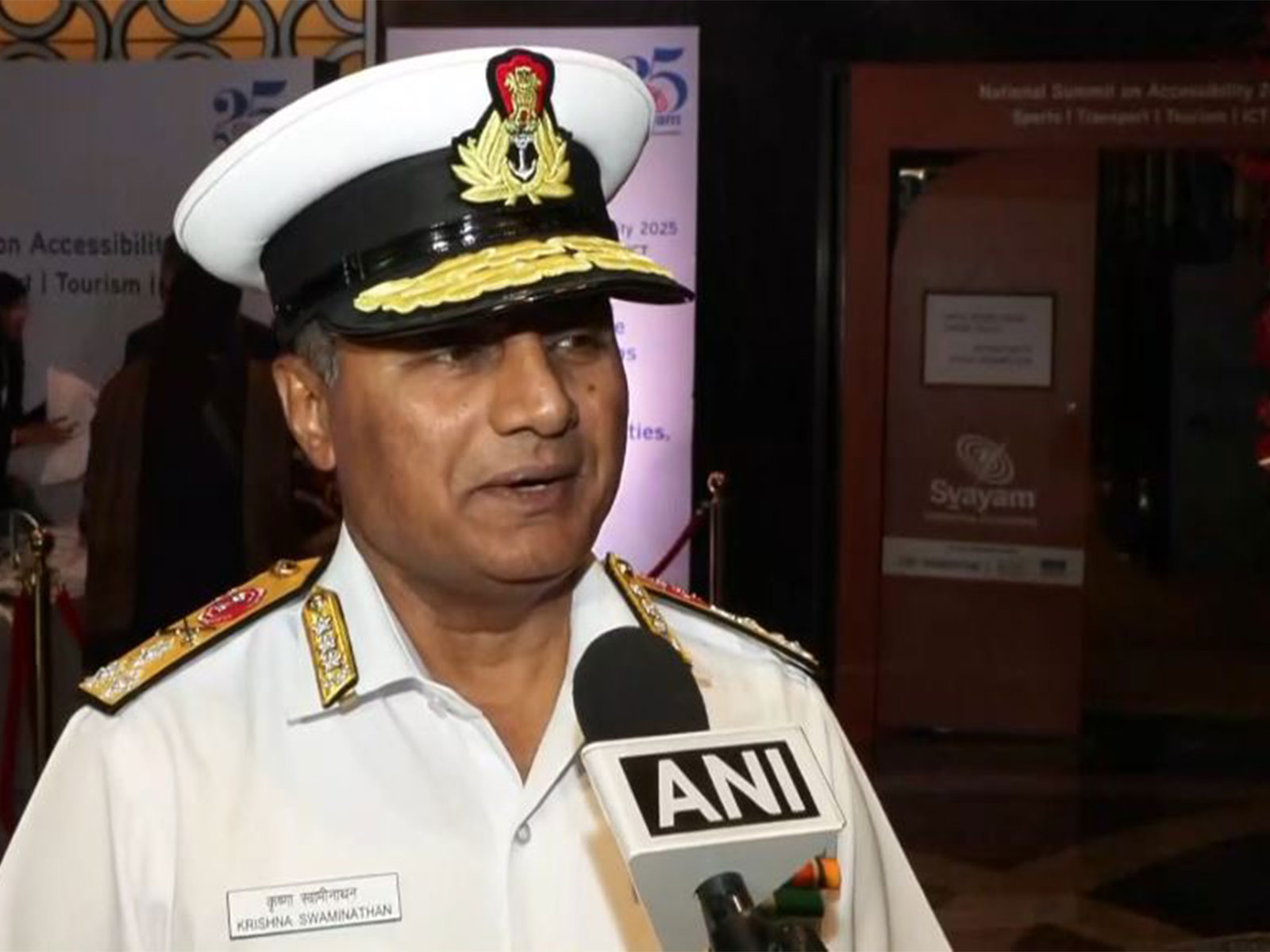
By Amrashree Mishra
New Delhi [India], November 6 : Vice Admiral Krishna Swaminathan on Thursday highlighted key initiatives being spearheaded by the Indian Navy in promoting a more equitable and accessible society for persons with disability.
In an exclusive interview to ANI on the sidelines of the National Summit on Accessibility 2025, Vice Admiral Swaminathan said, "The Indian Navy is very sensitive to providing inclusion and accessibility to all kinds of specially abled and disabled personnel, especially those who are either born with disabilities or those who developed disabilities in the line of duty. We find it not just an obligation, but an article of faith to make them included in everything that we do. Therefore we make all effort to make sure they are included, have accessibility, and have the facilities they need to have a sense of belonging to the service."
He shared how the Indian Navy's initiatives touch various aspects of life- right from early intervention for children to schemes for service personnel.
The Vice Admiral told ANI, "We've got schools for specially abled children- Sankalp. We also have the early intervention centres that are focused on identifying disabilities in small children before they attain the age of six and trying to mainstream them into normal schools. For our service personnel, we have a whole range of schemes that provides them accessibility and inclusivity".
Sminu Jindal, founder of NGO Svayam and Managing Director of Jindal SAW highlighted the economic viability of accessibility through sports, tourism, transportation and ICT.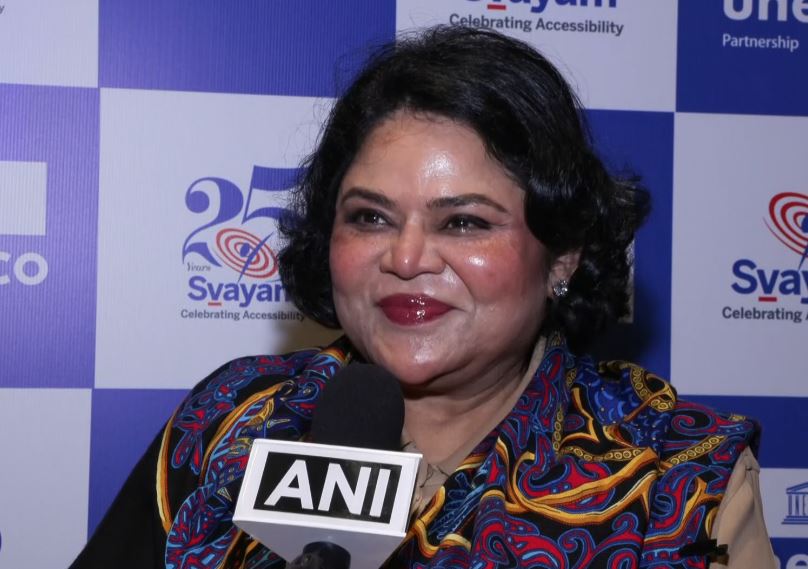
Speaking to ANI she said, "The more awareness we create about this issue, there will be more mindsets which will be changed and will come and join us in this movement".
In her inaugural address she highlighted how India faces an estimated loss of $1 trillion in its GDP owing to lack of accessibility inclusion in businesses, underscoring the need for accessibility to be viewed as not merely a social responsibility but a true economic imperative for the nation.
K K Muhammed, former Regional Director of Archeological Survey of India shared how the ASI has now made all monuments accessible to people, an initiative which it started with the NGO Svayam in the early 2000s when several notable personalities could not visit Indian monuments due to issues with accessibility. "That is a great success story of its own. And for the first time, we did it in 2008."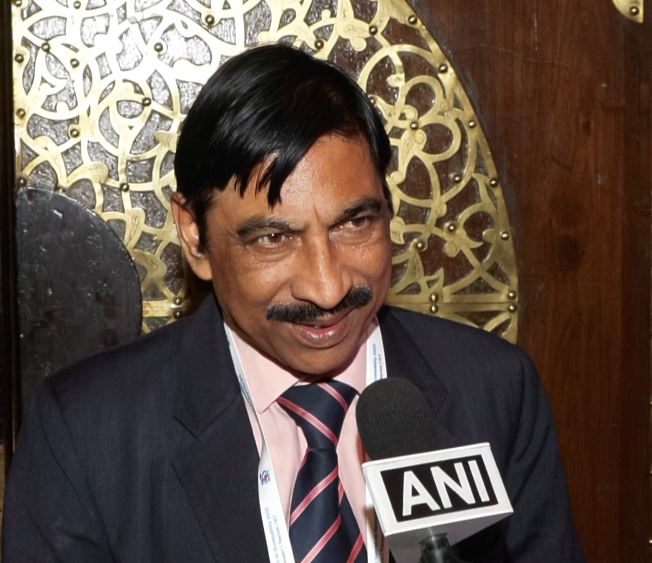
He provided key insights on how the revenue generation for monuments has gone up after they were made more accessible through incorporating provisions such as ramps, railings, and inclusive washrooms.
At the Summit, Tim Curtis, Director, UNESCO Regional Office for South Asia highlighted how India stands at a novel position to lead the world on this front. "India is uniquely positioned to lead globally in this space, embedding universal design across transport, sports, and tourism. We at UNESCO stand ready to partner with India and all its stakeholders in order to make accessibility the foundation of sustainable and inclusive development and not just an afterthought".
The National Summit on Accessibility 2025, took place in New Delhi on Thursday and was organised by Svayam in partnership with the Confederation of Indian Industry (CII) and UNESCO.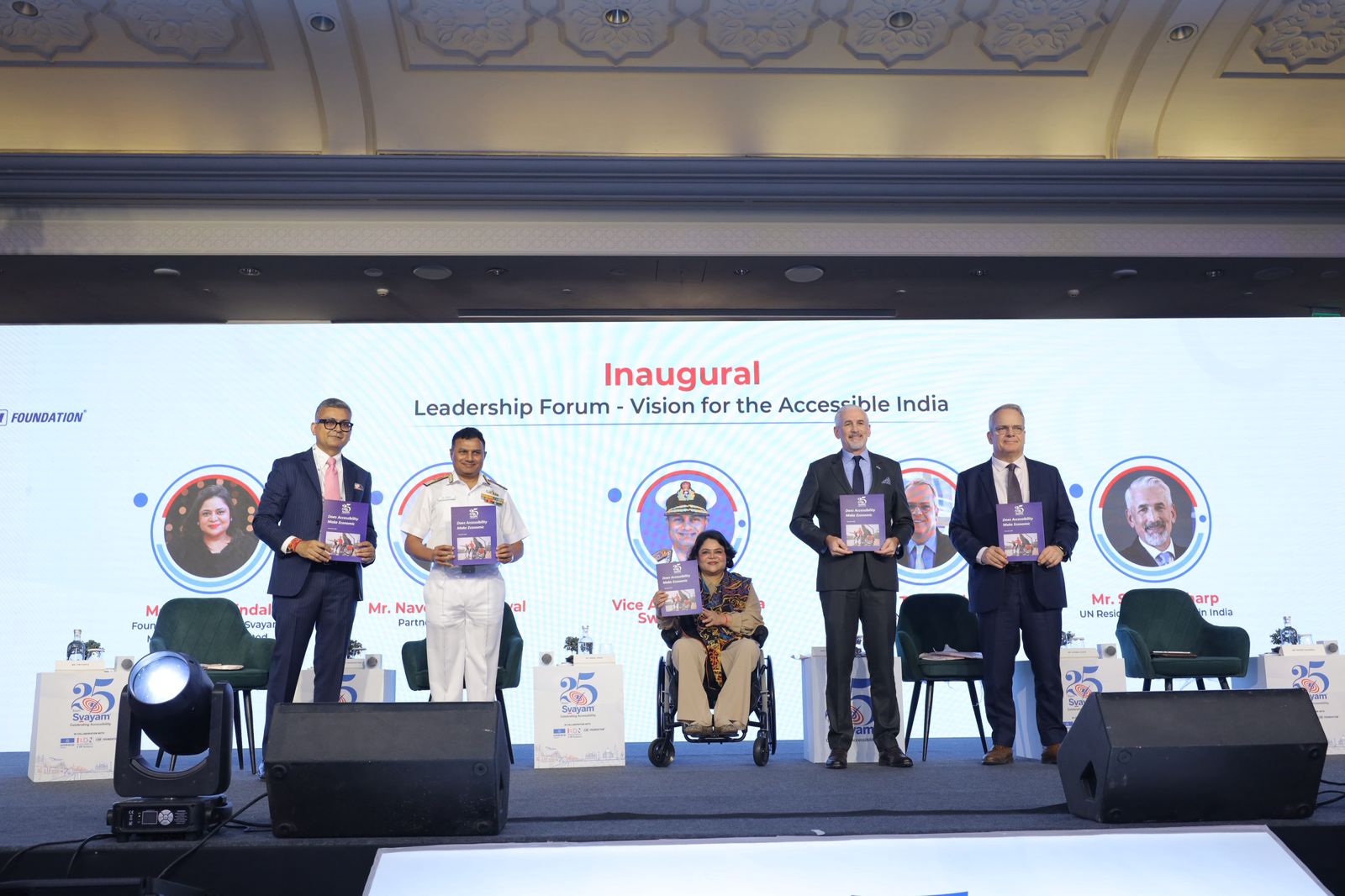
It set the tone for India's next phase of inclusive growth and saw engaging discussions by policymakers, planners, technologists, and accessibility specialists to frame a unified national approach to inclusive infrastructure in sports, tourism, mobility, and digital ecosystems.
